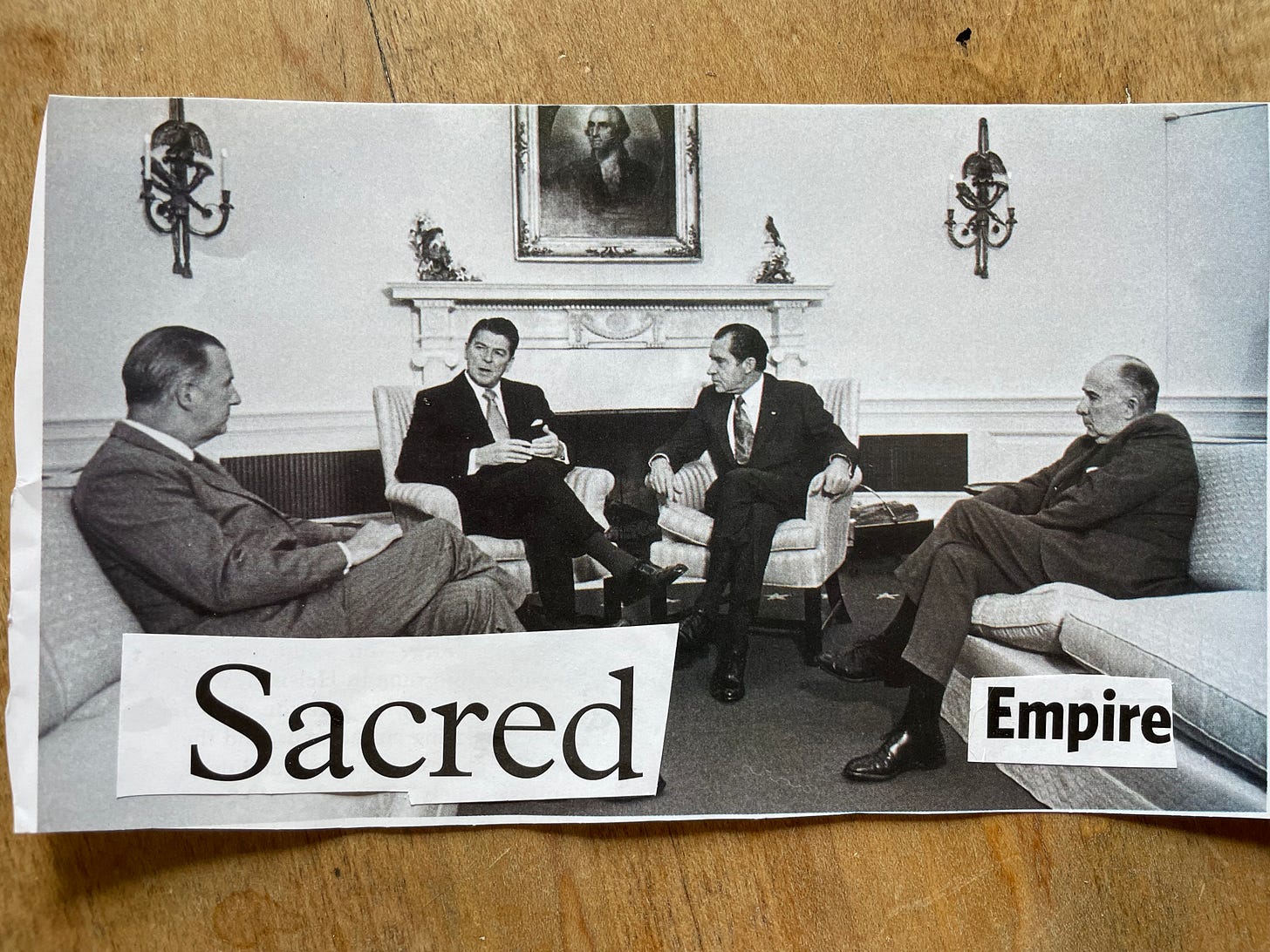Summer of Accommodations: Social Media Edition
How do you engage with the internet when the unprecedented times won't stop?!?!?
Welcome to Healing is My Special Interest, the newsletter at the intersection of late-diagnosed neurodivergence and healing from high-control environments. Today’s post is just for the paid subscriber community—it’s a rather personal look at my changing relationship with social media, activism, and my mental health. Thank you so much to everyone who supports this newsletter and makes it possible! If you would like to join us, we would love to have you :)
Is your relationship to social media changing these days? I know mine is, and today I want to talk about some of the accommodations I have had to make to prioritize my mental health (even when the world feels like it is burning everywhere).
I’ve been thinking these days about how much of my writing life for the past 14 years has been me being vulnerable and honest and searching for like-minded folks. At a certain point, however, I have recognized that I need to be seeking the validation and solidarity I crave from myself. The past few years—especially since leaving Christianity—have accelerated my relationship to my own personhood in ways that have changed me. Not just my thinking patterns, but sometimes it feels as if I have been changed on a cellular level.
One of the ways I can feel myself changing is in regards to social media. I, like everyone else who makes their living off of being on Al Gore’s Internet, have long had a complicated relationship with social media. There are all the good parts: the firehose of information outside of my own insular upbringing, the hilarious and creative souls, the ability to connect online when in real life was hard or impossible. But there is also the bad: the endless onslaught of bad news, other people's opinions, and constant struggle to keep up with what is going on in order to stay relevant or to get people to read my work.
I have long suspected I didn’t have a nervous system that was evolved enough to process the enormity of what I have witnessed and learned on the internet over the past few decades. And I honestly believe this to be true. As much as I wish the internet wasn’t triggering my nervous system, in reality it impacts me constantly. And if I don’t do a lot of work to process the feelings that get triggered, I become an anxious, hopeless, miserable, irritable mess.
October 7th sparked a hard few months for me, mental health wise. I had an existential meltdown that very day and started ruminating on the possibility of WWIII and thousands of civilian deaths at the hands of authoritarians eager to eradicate an entire people group. I was also locked into this idea that I HAD to know everything about what was happening in Palestine, because to look away would make me a bad person (something my OCD is rather obsessed with). So I became consumed with the news, while having very little avenues to process the enormity of the grief I was experiencing.
This, obviously, was not great for my mental health. But for most of my life I have not had good mental health and I was fine with that, since the only person it seemed to hurt was, well, me. I didn’t do drugs or drink excessively or beat my kids—instead I hurt myself, with my thoughts, over and over again. Chastising myself for not doing enough, obsessing about future apocalyptic scenarios, feeling terrified and angry that so many people didn’t feel the way I did and wondering how I could change them. Year after year after year with moral scrupulosity plus unfettered access to the internet ultimately made me feel afraid and shut down and utterly hopeless about the future. And in all honesty, it made me not even want to be alive anymore.
Keep reading with a 7-day free trial
Subscribe to Healing is My Special Interest to keep reading this post and get 7 days of free access to the full post archives.




